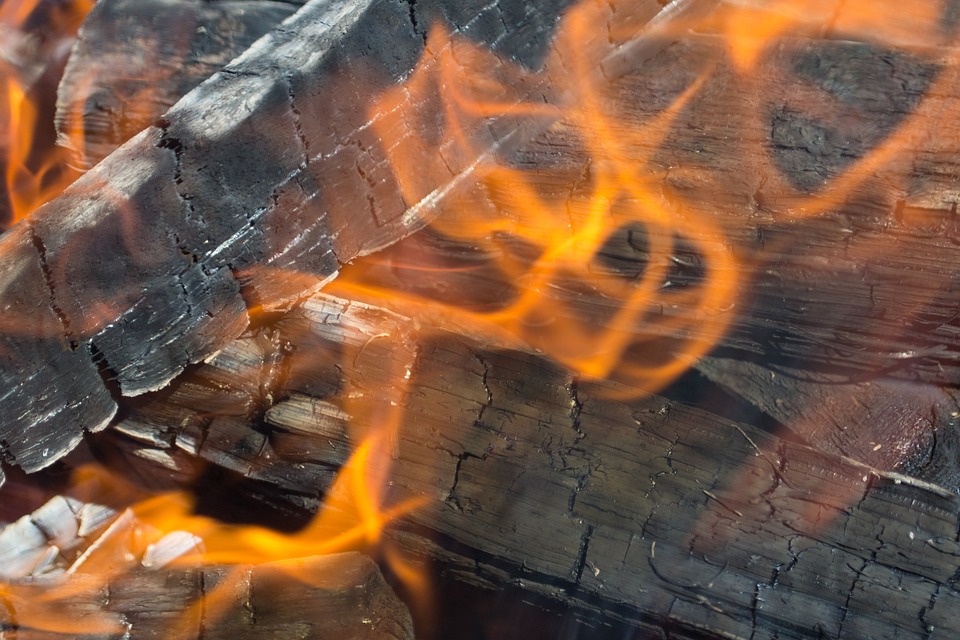Table of Contents
Introduction
When it comes to outdoor adventures, having the right gear is essential. One of the most important pieces of equipment for any camping trip is a tent. A good tent not only offers shelter from the elements but also provides a cozy and comfortable space to relax after a long day of exploring. With so many options available, it can be overwhelming to choose the perfect tent. In this guide, we will walk you through the considerations and features to look for when selecting the perfect tent for your outdoor adventures.
Size and Capacity
Before you start browsing through the various tent options, determine the number of people who will be using the tent. Tents come in different sizes and capacities, ranging from solo tents designed for one person to large family tents that can accommodate multiple individuals. Consider not only the number of people but also the space required for gear and any additional features you may desire, such as a vestibule for storing muddy boots or a separate sleeping area.
Seasonality Rating
The next important factor to consider is the seasonality rating of the tent. Tents are categorized into three main types: three-season tents, four-season tents, and convertible tents. Three-season tents are suitable for spring, summer, and fall camping trips. They provide excellent ventilation and protection against rain and wind. Four-season tents, on the other hand, are designed to withstand harsher weather conditions, including snow and strong winds. Convertible tents offer the best of both worlds, allowing you to remove or add panels to adapt to different seasons.
Weight and Portability
If you plan on backpacking or hiking extensively, the weight and portability of your tent are crucial considerations. Lightweight tents are specifically designed to be easily carried in a backpack and are ideal for those who plan to cover long distances on foot. Keep in mind that lighter tents may sacrifice some space and durability, so make sure to strike a balance between weight and comfort based on your needs.
Setup and Ease of Use
No one wants to spend hours struggling to set up a tent in the wilderness. Look for tents that offer easy and quick setup. Features like color-coded poles and clear instructions can significantly reduce the setup time. Freestanding tents are also a great option, as they can be easily moved around and do not require stakes to keep the structure in place.
Weather Protection
When venturing into the great outdoors, it’s essential to ensure your tent can handle various weather conditions. Look for tents with waterproof and seam-sealed materials to keep you dry during rainy nights. Additionally, tents with a rainfly provide an extra layer of protection against precipitation. A sturdy tent structure with robust poles and guylines is also important, as it will help your tent withstand strong winds and storms.
Price Range
Tents come in a wide range of price points. Set a budget that suits your needs and consider that more expensive tents often offer better quality, durability, and features. However, if you are a casual camper or just starting out, there are affordable options available that still provide decent performance.
FAQs
Q: How do I choose the right tent size?
Consider the number of people who will be using the tent and the space required for gear. If you want extra room for comfort, it is recommended to go for a slightly larger tent.
Q: How important is the tent’s weight?
The importance of weight depends on your camping style. If you plan on backpacking or hiking extensively, a lightweight tent is crucial to reduce the strain on your body. However, if you are car camping, weight may not be as significant a factor.
Q: Are four-season tents worth it?
Four-season tents are worth considering if you plan on camping in extreme weather conditions, such as heavy snowfall or high winds. These tents offer enhanced insulation and structural strength to withstand harsh elements.
Q: Can I set up a tent by myself?
Most tents are designed to be set up by a single person. Look for tents that offer easy setup features such as color-coded poles and clear instructions. Practice setting up your tent before your outdoor adventure to ensure a smooth process.
Q: What is the difference between a freestanding tent and a non-freestanding tent?
A freestanding tent is self-supporting and can stand upright without stakes or guylines. This allows for easy setup and mobility. Non-freestanding tents require stakes and guylines to maintain the structure’s stability and should be set up correctly to function properly.





